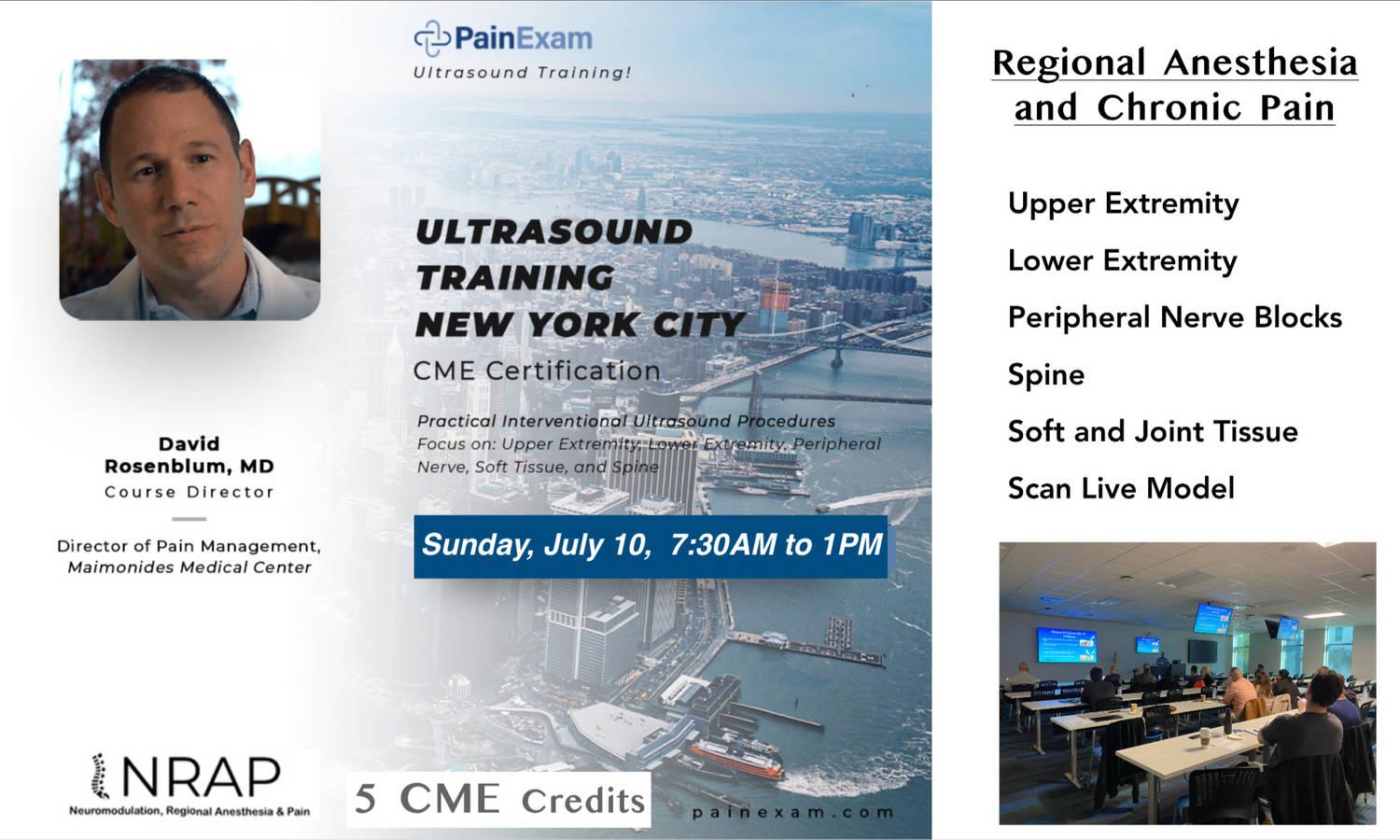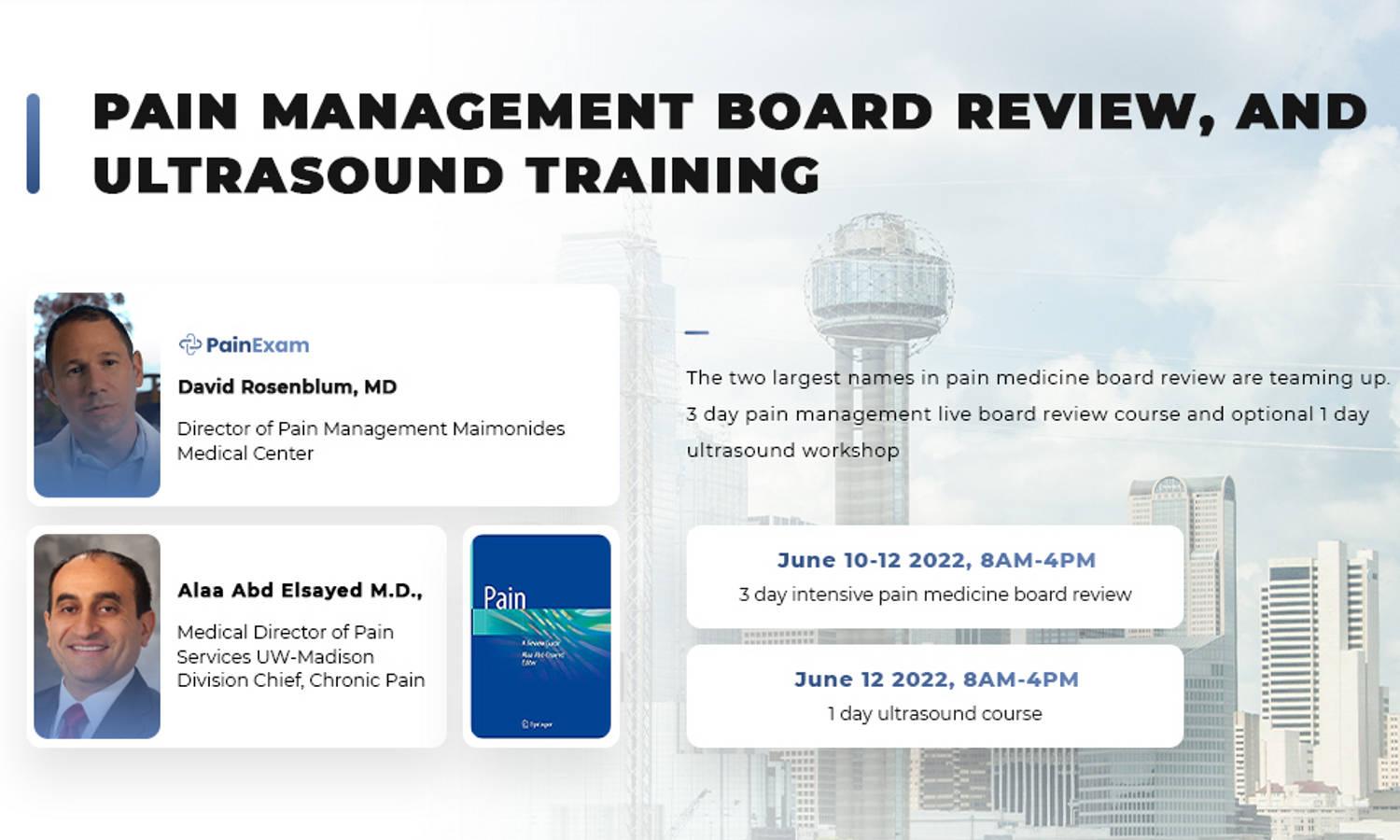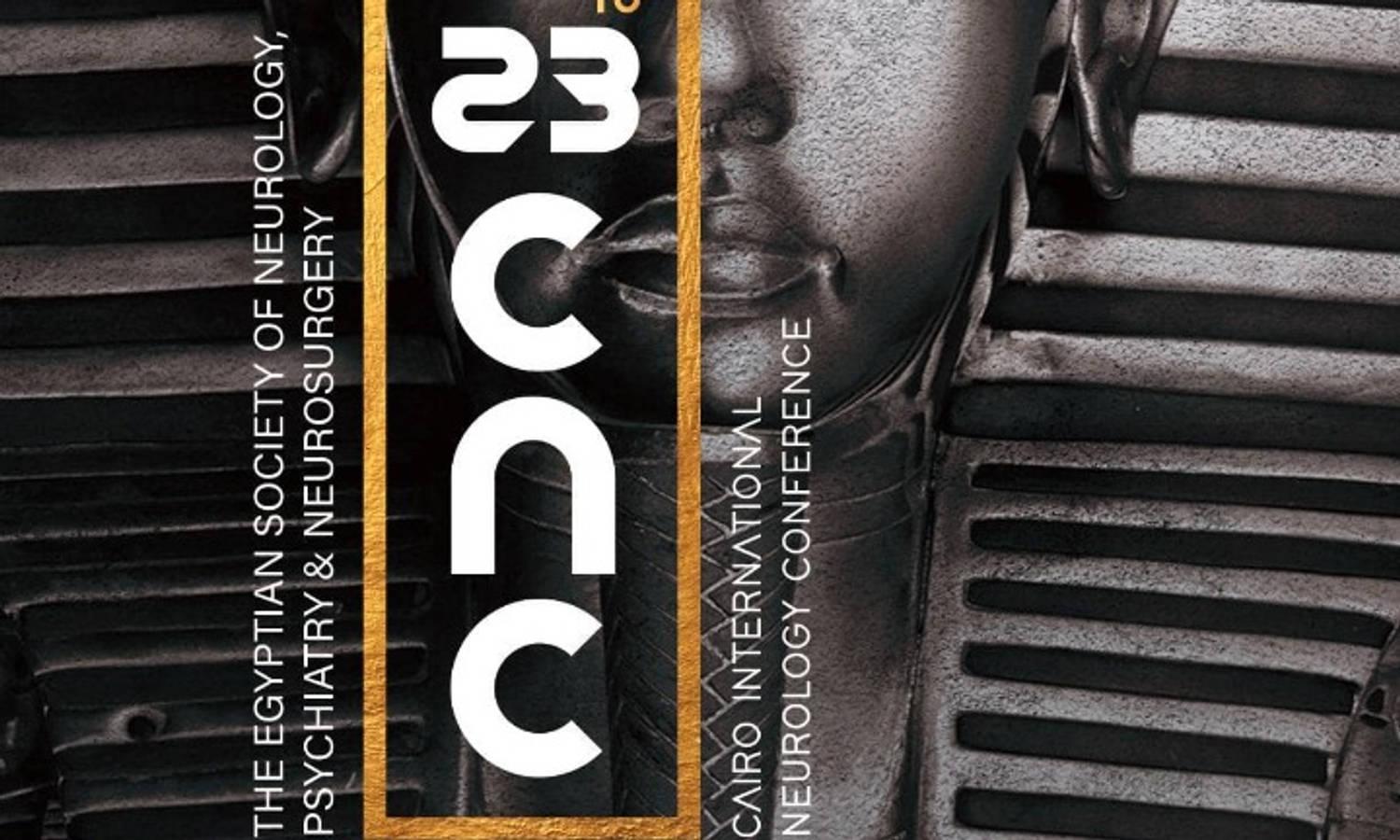
Fundamentals of Multiple Sclerosis Care – Part 4: Current and Emerging Therapies and Symptom Management
Fundamentals of Multiple Sclerosis Care – Part 4: Current and Emerging Therapies and Symptom Management is organized by Consortium of Multiple Sclerosis Centers (CMSC).
Release date: February 1, 2022
Valid through: January 31, 2024
Description
Session 4 of Fundamentals of Multiple Sclerosis Care provides an overview of wellness and how to discuss nutrition, exercise, sleep and stress with patients. An update of the management of three MS symptoms will be examined: a comprehensive team approach to managing fatigue, elimination/sexual dysfunction and sleep disorders.
Learning Objectives
Upon completing this activity, participants should be better able to:
MS Management
Examine the various models of care in MS and the roles and responsibilities of care team members in order to adapt the most appropriate model for team-based care in a given practice setting.
Integrate the complex processes that support the provision of team-based, comprehensive care in MS into effective practices and centers providing evidence-based MS care.
Integrate information about the mechanisms underlying MS relapses, progression, and gray and white matter pathology as the basis for monitoring and treating the disease.
Summarize methods to monitor treatment outcomes including patient self-report, automated self-assessment, new clinician reported outcomes, imaging, and biomarkers in order to optimize their utilization in clinical practice and research.
Symptomatic Management
Analyze common symptoms of MS and their appropriate pharmacologic and non-pharmacologic interventions in order to develop strategies designed to maximize function and quality of life.
Identify assessment techniques to isolate those factors that affect the manifestation of the complex symptomatology of MS and differentiate between acute and chronic MS symptoms.
Wellness
Recognize the importance of focusing on wellness outcomes and incorporate this perspective into MS clinical care and patient and family education.
Integrate wellness concepts into long-term planning as the patient condition changes in order to optimize wellness strategies at all stages of disease.
Additional details will be posted as soon as information is available.










